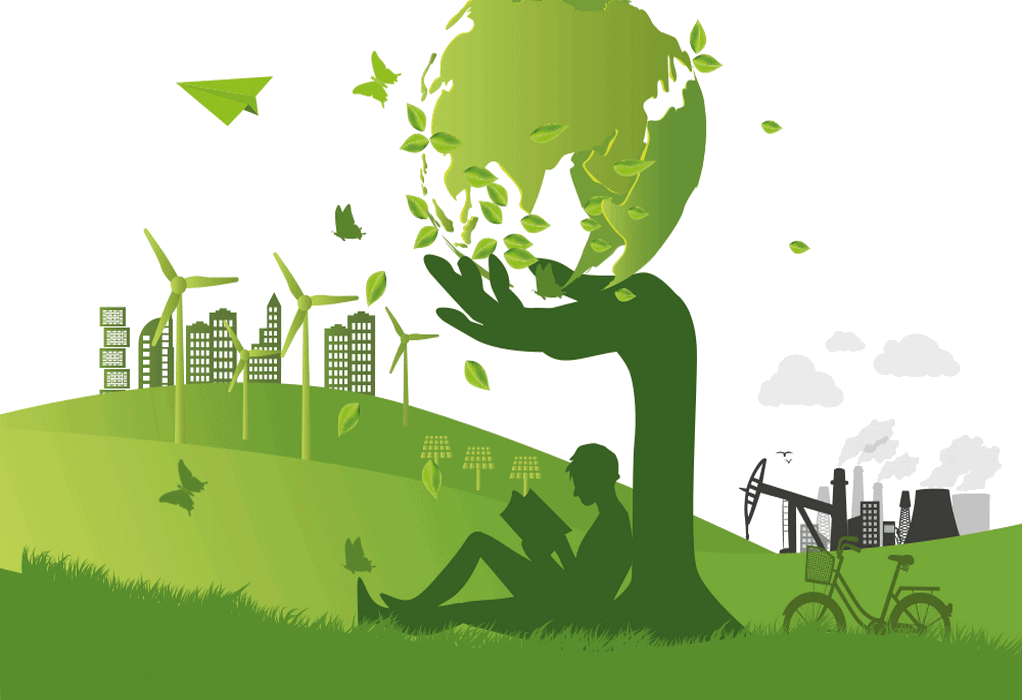Using the planet’s air to create new chemicals for fuel, and other essential chemical products is the bold ambition of a new research project from the University of Surrey.
The project aims to capture carbon dioxide (CO2) directly from the air and use dynamic catalysis to create methanol – a valuable chemical that, made this way, could be carbon-negative. Its value could offset the cost of direct air capture.
The project has been awarded £250,000 by the Engineering and Physical Sciences Research Council through the Adventurous Energy Research for a Sustainable Net-Zero scheme.
Dr Melis Duyar, project lead from the University of Surrey, said:
“Synthesising methanol would constitute a significant advancement, coupling a presently expensive but necessary method of CO2 capture from the air, with the production of a substance that can bring some revenue to offset costs and further incentivise the scaling up of direct air capture.
“The main challenge for our project will be reconciling the fact that commercial methanol synthesis takes place at high pressures (50-100 bar) and moderate temperatures (200-300 o C), while direct air capture is typically carried out in ambient conditions. We want to show that it is possible to produce methanol in mild conditions through dynamic catalysis.”
If successful, the Surrey team will extend their project to show it is possible to synthesise other chemicals with a negative carbon footprint, such as sustainable fertiliser.
Dr Duyar commented:
“Pulling chemical building blocks directly out of the air can create a ‘just in time’ process that will help us finally say goodbye to safety hazards such as storing large quantities of chemicals. Importantly, this process could boost the economy by spurring carbon-negative growth, as well as provide fuel security for the UK.”
The International Energy Agency has identified direct air capture and storage as one of the three biggest opportunities to achieve Net Zero and methanol production using hydrogen and CO2 as an important innovation gap.
One of the biggest advantages to direct air capture technology is that it does not rely on extensive land and water use, unlike alternatives such as biomass.
Professor Bob Nichol, Executive Lead of Sustainability and Pro-Vice-Chancellor and Executive Dean of the Faculty of Engineering and Physical Sciences at the University of Surrey, said:
“This is exactly the innovative research we do here at the University of Surrey with real societal impact. I wish my colleagues every success as we need these solutions to become a more sustainable planet.”
In 2020, the UK imported £145 million worth of methanol which amounts to 0.6-1.6 megatonnes of CO2, compared to 326 megatonnes total CO2 emitted by the UK that year. Source: https://www.eurekalert.org/news
Tags: Carbon Capture, carbondioxide, CO2, Methanol, University of Surrey



Recent Posts
Robert Allan Ltd. to Design Fully Electric AmpRA 3600 Tug for Tianjin Port
U-Ming Marine Conducts First Bunkering of FAME B24 Biofuel
DNV Validates Electric Hydrogen’s HYPRPlant for Safety, Efficiency and Commercial Readiness
Nepal Eyes Green Hydrogen Future with Policy Push and Hydropower Potential
India Tests First Hydrogen-Powered Rail Coach at ICF Chennai
Scandlines Nears Delivery of Zero Emissions Ferry Following Successful Sea Trials
India faces emission roadblocks with rising net-zero demands
Green Energy Resources invests in two electric Liebherr LHM 550